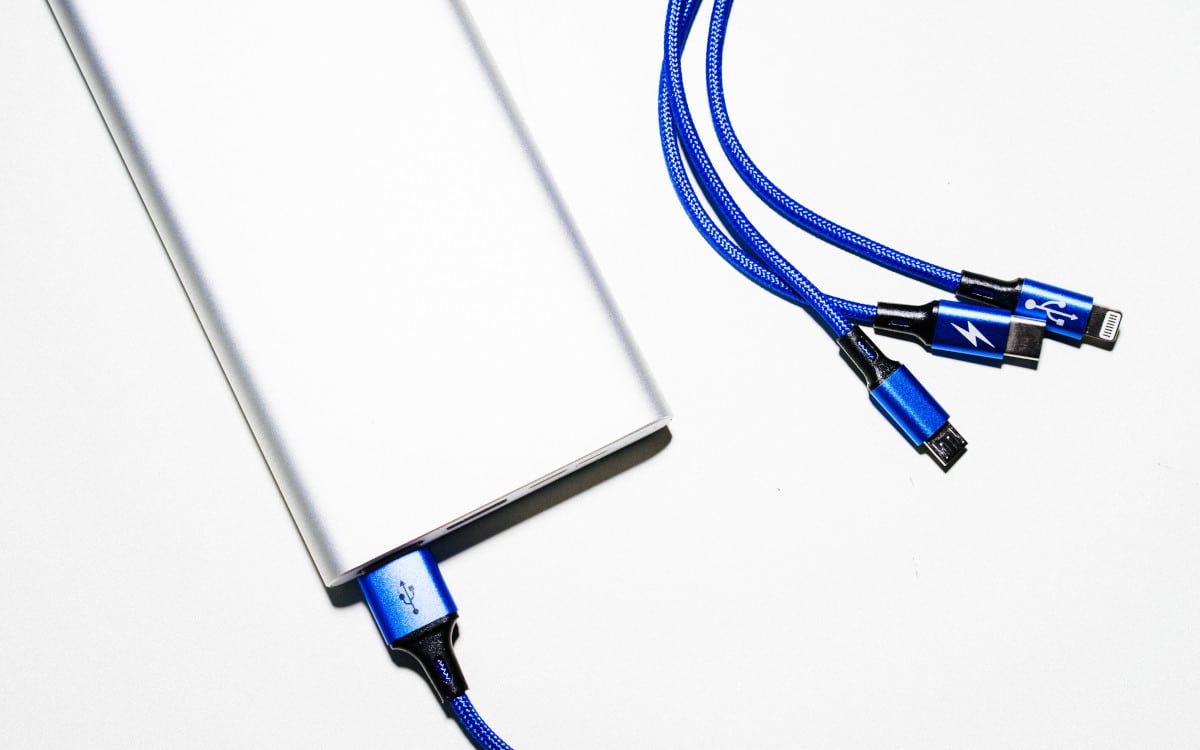researchers develop a super ecological biological battery
A team of researchers from Texas has developed a battery that replaces lithium with a biological substance, polypeptides, which is more environmentally friendly. This solution would respond to a threefold environmental problem: the decline in natural resources, the pollution generated by extraction and the absence of a recycling circuit.
Today, all the batteries that we use in our smartphones, our laptops, our electric vehicles or our connected objects work with lithium. A substance which, theoretically, is recycled well, but which, in fact, is only very little. Essentially for a cost issue. This means that millions of tons of batteries that are thrown away without being revalued, according to some studies.
Read also – Tires, banana peels: a new eco-friendly and inexpensive method uses waste to make graphene
Researchers are developing alternatives to replace lithium, eliminate the liquid nature of the electrolyte or even make the materials in the batteries less polluting. We have relayed several extraordinary, even revolutionary, discoveries in our columns. Some improve their performance. Others speed up their reloading. Here’s another one that, for once, focuses on the environment.
Biological and easily degradable battery
We owe this discovery to a team of researchers at the University of Texas who published their research in Nature magazine two weeks ago. This is a battery that we could qualify as ” organic », Since it replaces lithium with polypeptides, organic elements that make up the protein. This is an unusual approach which has the advantage of being ecological.
Indeed, when a battery is worn out, it is easily “degradable”: it suffices to immerse the battery in a solution which will dissolve polypeptides and turn them into amino acids. The degradation could even occur naturally, without ecological impact. This therefore responds to one of the weak points of lithium batteries which are difficult to recycle industrially.
This also responds to other concerns linked to the exploitation of lithium, such as the limitations of deposits, the need for natural resources for extraction (water in particular) and the ecological impact of its industrialization (linked to the use of cobalt). However, there is still a problem: the energy efficiency of these batteries is much less important. But the researchers promise to find a solution to this problem. In the meantime, this solution will only remain a beautiful scientific discovery.
Source: Nature



